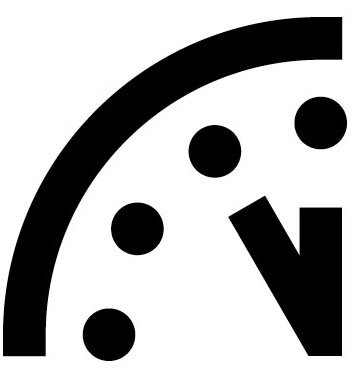Yesterday, Hicks appeared to the public for the first time. He thanked members of GetUp for their support. Though not yet ready to say more about his experience, he asked them to continue supporting him including by opposing any extention of his control order. Whether this, or just the political need to move on, was the cause Hicks got his wish. As of 21 December 2008, the control order expires and will not be renewed.
It's not clear what, if any, restrictions will be placed on Hicks in addition to those that would apply to anyone convicted of a serious offence. His situation is unique. Whether he should ever have been tried will be the subject of debate for many years. I'm inclined to think he shouldn't have been for many of the reasons noted here and here. As I've said previously, Hicks was clearly a foolish and dangerous man. A man who was certain to find himself at war, in prison or dead had he not been detained. However, what Hicks might have done, how he might have breached then non-existent laws, how he might have taken up arms against his own citizens - these unrealised offences don't come near to justifying his treatment.
Lots of people and organisations can be proud of their efforts and support for Hicks. It mightn't have been popular, easy or clear-cut, but for all of Hicks' failings, the defence of him was a defence of us all. Perhaps David Hicks' military lawyer, Major Michael Mori, said it best in his interview with Andrew Denton:
With David Hicks, no-one is saying David actually did anything wrong or hurt anybody, just he was on the wrong side. When you say he's accused of being on the other side, so because he was on the other side we can go ahead and take away those fundamental rights and protections that we give to our murderers and our child molesters and our rapists, and to our corrupt politicians. They get it. Why doesn't David Hicks rate the basic fundamental human values that we give everyone? If he's violated the law and you try him in a fair system, fine. They don't want to give him that fair shake, unfortunately because I think his case has become political and the politics of it don't want to - the first Military ommissions can't be acquittals. They couldn't afford that.

No comments:
Post a Comment